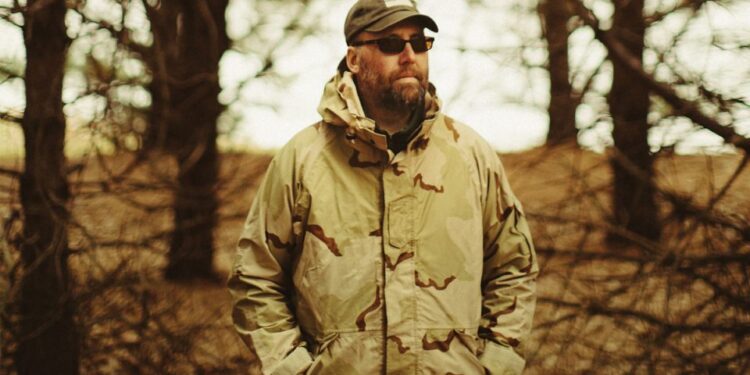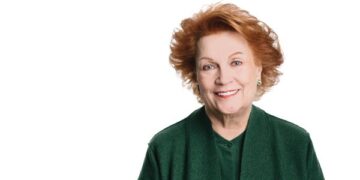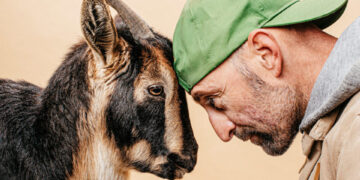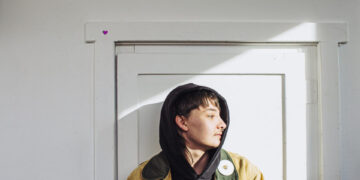Carl Bicskei, 52, a major in the Army Reserve in his 32nd year in service, is a big believer in the importance of being outdoors.
“I’ve enjoyed the outdoors since I was a kid,” he says. “Some people just don’t have the chance, or don’t make the time, to get outdoors and enjoy it. And it can be as simple as going to sit by a lake and watching ducks.”
But in 2012, when Bicskei became the company commander for the Warrior Transition Unit at Fort Bragg, he began to see firsthand the therapeutic effect that nature can have on a veteran.
“That’s when I first got exposed to the benefits of getting soldiers and their families outdoors to relieve some stress in their lives,” he says. Even a change of scenery and taking a break from the daily grind can benefit a soldier returning from combat.
This experience was the impetus for Veterans Outdoor Adventures (VOA), a nonprofit that Bicskei established in 2014. The focus, he says, is on helping veterans—especially disabled veterans—through outdoor activities like fishing trips, deer hunts, and pheasant hunts.
The challenge for many veterans, Bicskei says, is that they are often forced to leave the military after years of service and reorient themselves very suddenly to civilian life. Like any other group of tightly knit people with common experiences, veterans have had life experiences that not everyone can relate to. VOA allows groups of veterans to get together in a fun, therapeutic environment.
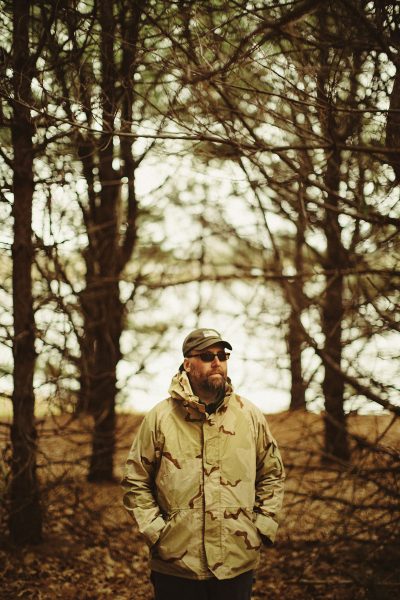 “Just being around other vets and talking, swapping stories, and jokes, and so forth, and having a good old time, it’s beneficial,” Bicskei says. “If you’re in that like-group of individuals, it’s easier to talk about those things, because people understand.”
“Just being around other vets and talking, swapping stories, and jokes, and so forth, and having a good old time, it’s beneficial,” Bicskei says. “If you’re in that like-group of individuals, it’s easier to talk about those things, because people understand.”
Bicskei has hosted three events and already sees the beneficial effects that being outdoors (and in good company) can have on a person.
“You can sense and you can see a reduced stress level,” he says. “Some folks haven’t been outside their house for months.”
Naturally, there are challenges related to lodging and transportation, especially with disabled veterans. Hosting a large group outing costs money.
“The goal is that the veteran pays zero,” Bicskei says. Being a nonprofit, VAO relies on donations from the public. He wants veterans to enjoy their outings for free.
“My ultimate goal is to be able to have at least one event every month all year long. Eventually I’ll get there. But for now, I do what I can.”
Bicskei hosted a turkey hunt in April and a golf fundraiser in May.
And, of course, Bicskei doesn’t do everything himself. The most surprising thing aboutrrunning VAO, he says, is the generosity of the volunteers.
“It’s been refreshing to see that people just volunteer their time and energy, and not expect anything,” he says. “I think that’s significant. People just doing it out of the goodness of their heart, which is, I think, getting more and more rare.”
Visit veteranoutdooradventures.org for more information.


